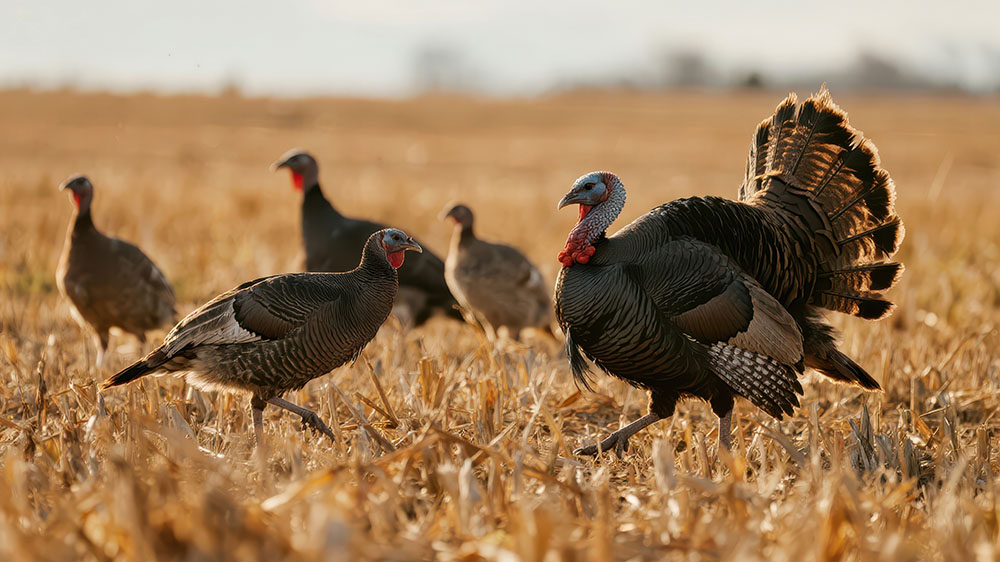Oktoberfest: Preserving Beer Means Protecting Our Environment

Oktoberfest may be the world’s biggest beer festival, but behind the music and steins lies a remarkable story of science and sustainability. Every year, more than 7 million liters of beer are consumed within 16 days at the Theresienwiese Oktoberfest in Germany, which sounds like steins full of fun at first glance. But, as scientists, we’re far more fascinated with the process of how that beer was made in the first place!
Brewing beer may be a centuries-old practice, but it’s also a process that highlights just how connected beer is to our greater environment. Beer’s four classic ingredients (water, malt, hops, and yeast) each depend on healthy ecosystems. Minerals in the brewing water used will influence the beer’s flavor, making clean, healthy water a must for any good beer. The agriculture industry’s barley and hops are crucial to a tasty brew and require fertile soils and stable climates. Yeast thrives only under carefully controlled conditions, something that can be impacted by our climate-changing environments.
The brewing cycle itself is a blend of chemistry and ecology. Enzymes convert grain starches into sugars, hops contribute bitterness and natural preservatives, and yeast ferments it all into alcohol and carbonation. Today, many breweries focus on reducing waste by employing eco-friendly practices such as recycling spent grain into animal feed and capturing carbon dioxide during fermentation. Even the energy used for boiling and cooling is increasingly drawn from renewable sources, making modern brewing as much about environmental science as it is about taste.
With all of this in mind, it’s not hard to grasp that preserving beer’s future means protecting the environment that sustains it. So every stein raised at Oktoberfest isn’t just a toast to Bavarian culture, it’s also a reminder that great beer depends on a healthy planet. Prost!

Growing tea isn’t for the faint of heart
READ MORE

It’s a new year… Time for a Good Laboratory Practices refresher
READ MORE

Celebrating Geographic information systems (GIS). Properly.
READ MORE



